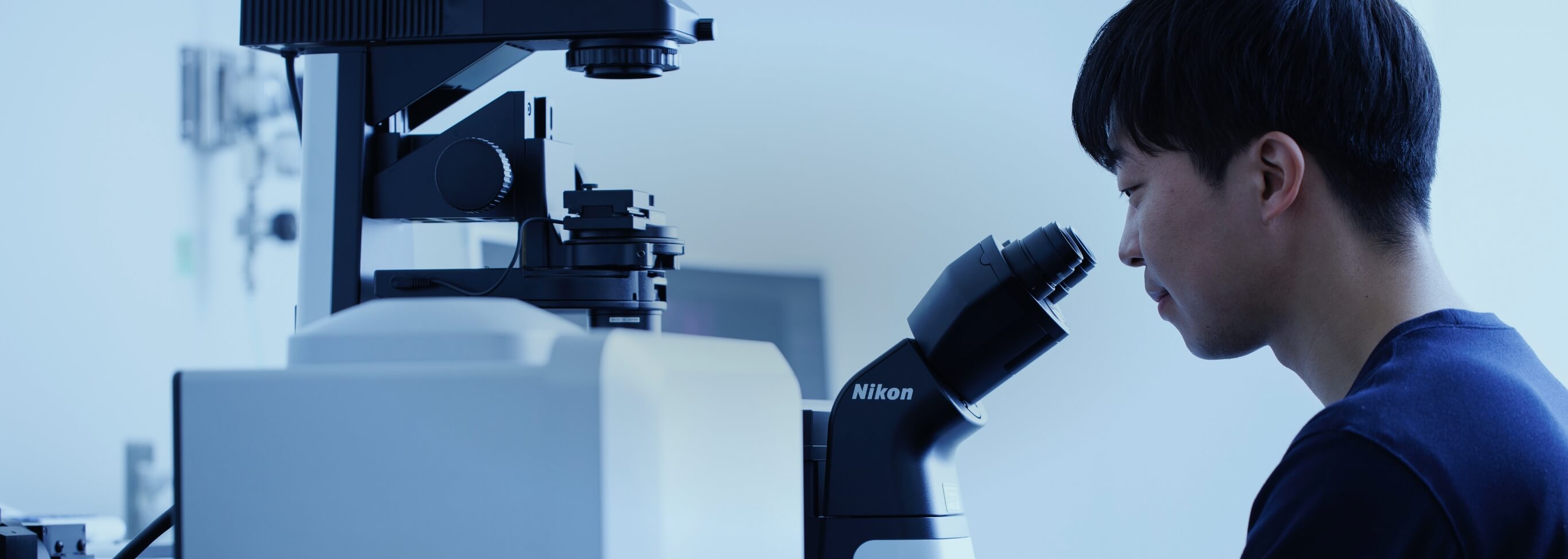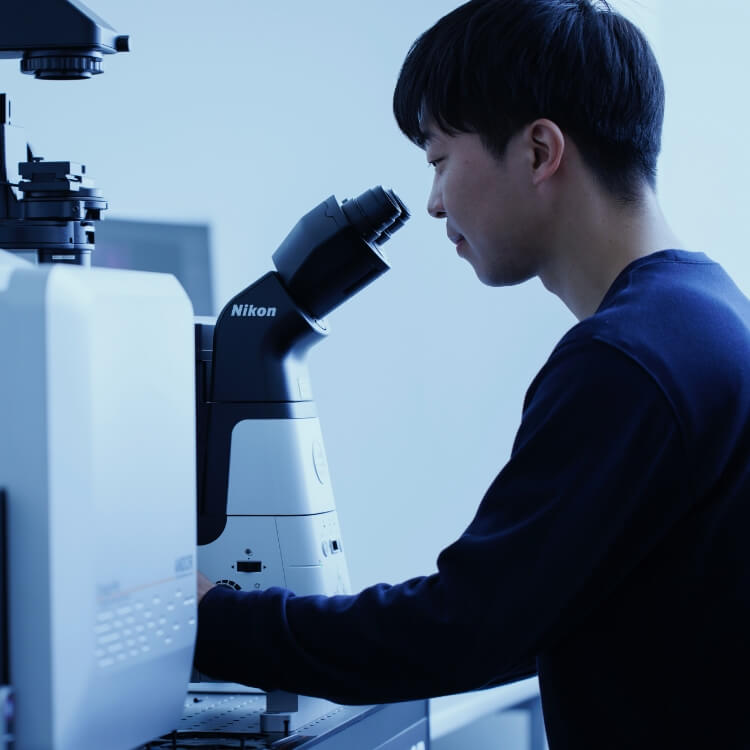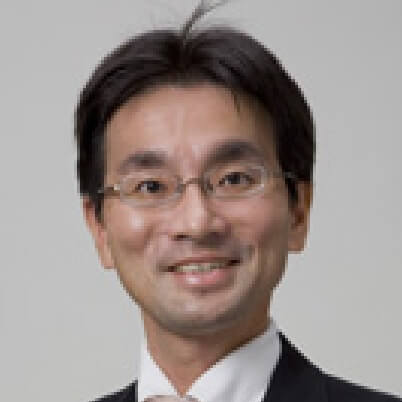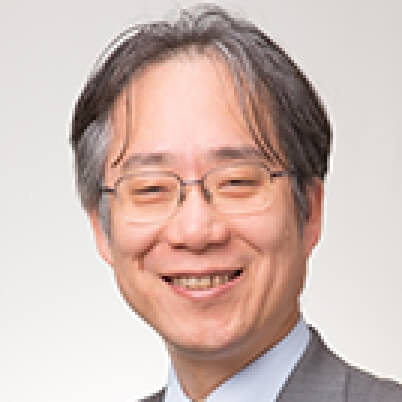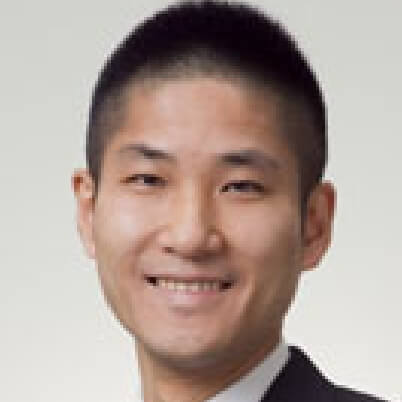The curriculum of this program fosters the qualities of big-picture thinking and developing creativity regarding nanoscience in the students. It consists of a Basic Program Course and Expert Courses to develop an international outlook and high levels of expertise in the students.
The students enrolled in this course are required to earn compulsory subjects from the Basic Program Course and Expert Courses. They are also required to earn the credits prescribed by their affiliated research department, defend their doctoral theses, and pass the final examination.
Basic Program Course
After enrolling in this program, students will first study the basic subjects of the Basic Program Course such as “Introduction to Nanoscience,” before selecting a specific expert course.
Next, a Nano-Qualifying Examination, which consists of a written test and an oral interview, is conducted to evaluate whether the students have acquired the basic knowledge about nano medicine and nano science/engineering. Only the students who pass the examination may proceed to the expert courses.
Expert Courses
Students may select one of four expert courses: “Preemptive Nano-medicine,” “Nano Neuroscience,” “Nano Environmental Science,” and “Development of Nano-Diagnostic method.” The courses are not conducted solely by the program leaders from the course-operating affiliated research departments, but also involve instruction by leaders from other research departments, other universities, and businesses, to provide a diverse education to students. Students are offered time and space to mature as “knowledge professionals,” while receiving guidance from a primary mentor from their affiliated research department and a secondary mentor from their affiliated expert course.

